Tohoku team develops new electrolyte to support rechargeable calcium batteries
Green Car Congress
APRIL 11, 2021
Scientists from Tohoku University have developed a new fluorine-free calcium (Ca) electrolyte based on a hydrogen (monocarborane) cluster that could potentially realize rechargeable Ca batteries. High-energy-density and low-cost calcium (Ca) batteries have been proposed as ‘beyond-Li-ion’ electrochemical energy storage devices.

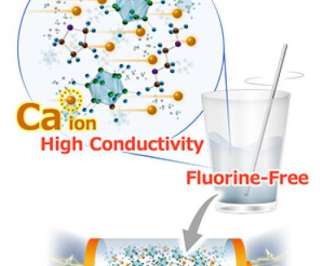

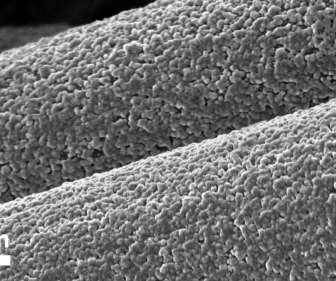




















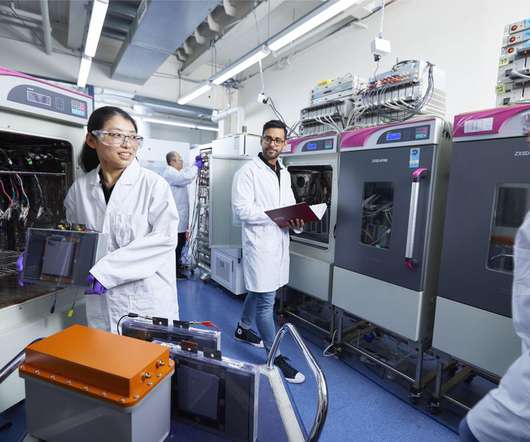

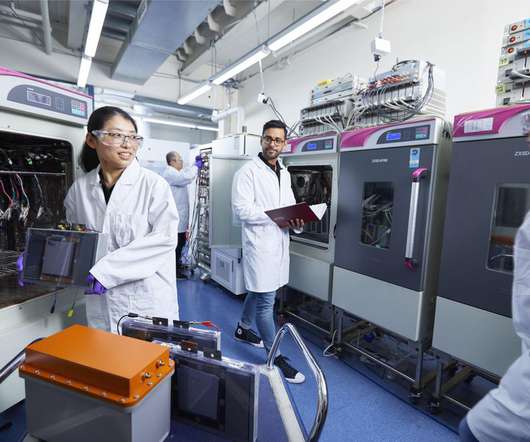







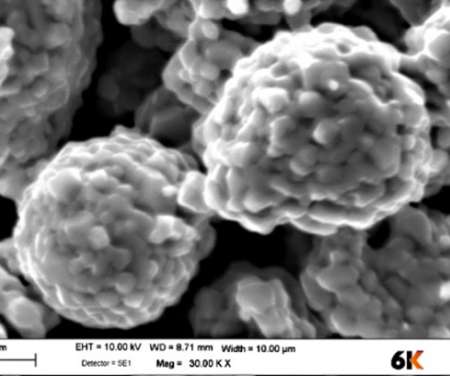









Let's personalize your content